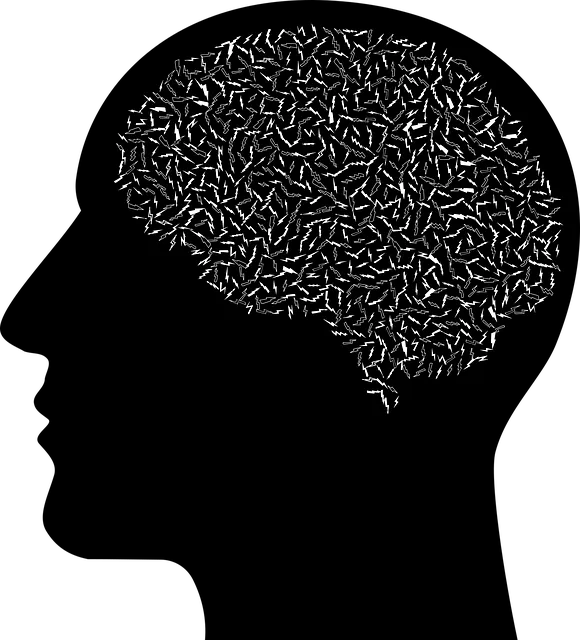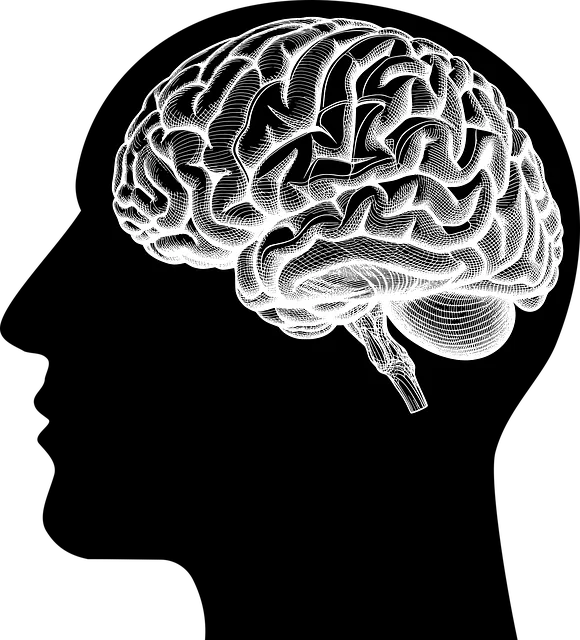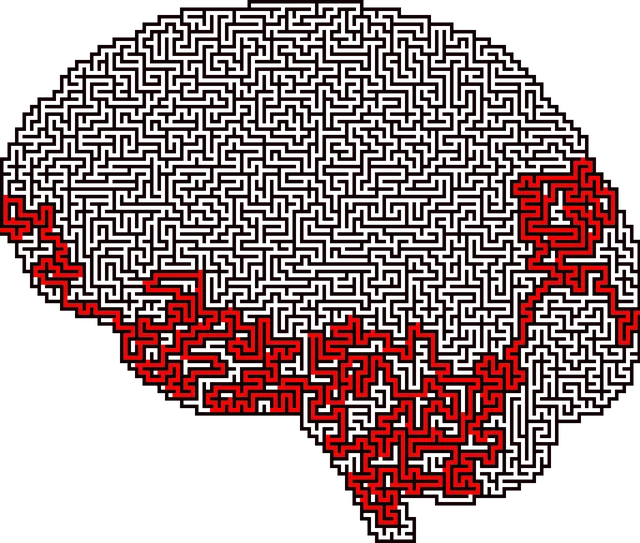Denver Kaiser mental health classes offer a comprehensive crisis intervention approach, focusing on immediate support and long-term resilience building. Through structured assessments and tailored practices like Compassion Cultivation and Emotional Healing, participants learn effective coping mechanisms, enhanced problem-solving skills, and communication strategies for crisis management. Trained facilitators guide students in empathetic listening and de-escalation techniques, fostering healthier work environments and improved well-being for both professionals and patients.
“In times of crisis, effective intervention strategies can make a profound difference in an individual’s path to recovery. This article offers a comprehensive guide to navigating these challenging situations, inspired by the renowned Denver Kaiser Mental Health Classes. We’ll explore a structured framework for understanding crisis intervention, delving into key techniques proven to de-escalate high-pressure scenarios. From practical implementation tips to post-crisis support strategies, gain valuable insights for fostering long-term mental wellbeing.”
- Understanding Crisis Intervention: A Basic Framework
- Denver Kaiser Mental Health Classes: An Overview of Effective Techniques
- Practical Application: Implementing Crisis Intervention Strategies
- Post-Crisis Support and Prevention Techniques for Long-Term Wellbeing
Understanding Crisis Intervention: A Basic Framework

Crisis intervention is a critical process designed to provide immediate support and guidance during moments of intense emotional distress or traumatic events. It involves a structured yet adaptable framework that helps individuals navigate their way through crises, fostering resilience and recovery. At its core, crisis intervention aims to stabilize the situation, assess the individual’s needs, and offer evidence-based strategies to manage and overcome the crisis.
In Denver, Kaiser mental health classes often emphasize these foundational principles, teaching both professionals and caregivers effective crisis intervention techniques. The basic framework typically includes an assessment phase where the unique circumstances and emotional states of the person in crisis are understood. This is followed by a planning stage, where tailored interventions like Compassion Cultivation Practices and Emotional Healing Processes are implemented to address underlying mental wellness issues. Through these practices, individuals can develop coping mechanisms, enhance their problem-solving skills, and cultivate a sense of calm amidst turbulent emotions.
Denver Kaiser Mental Health Classes: An Overview of Effective Techniques

Denver Kaiser Mental Health Classes offer a comprehensive toolkit for individuals seeking effective crisis intervention strategies. Through these classes, participants gain valuable insights into techniques designed to address mental health challenges head-on. The curriculum focuses on empowering individuals with mind over matter principles, enabling them to cultivate resilience and coping mechanisms. By exploring various therapeutic methods, students learn to navigate stress, anxiety, and trauma, ultimately enhancing their ability to provide support during crises.
One of the key aspects of these classes is the emphasis on communication strategies. Effective communication plays a pivotal role in crisis intervention, fostering understanding and trust between individuals in distress and those offering assistance. Denver Kaiser’s trained facilitators guide students through practical exercises, ensuring they are equipped with the skills to listen empathetically, de-escalate situations, and offer meaningful guidance. This holistic approach ensures that participants not only learn technical interventions but also develop interpersonal skills crucial for successful crisis management.
Practical Application: Implementing Crisis Intervention Strategies

Implementing crisis intervention strategies requires a practical approach tailored to real-life scenarios. At Denver Kaiser mental health classes, practitioners learn to balance urgency with care, recognizing that every crisis is unique. The first step involves assessing the situation swiftly but comprehensively, identifying not just the immediate issue but also the underlying factors contributing to the crisis. This holistic understanding enables facilitators to design interventions that address both the symptoms and the root causes.
Effective strategies often involve de-escalation techniques to calm individuals during high-stress situations, fostering a sense of safety and trust. Mental Health Education Programs Design focus on equipping individuals with confidence boosting tools for emotional regulation, enabling them to manage their responses and navigate challenging emotions. By integrating these skills into crisis intervention, practitioners not only address acute distress but also empower individuals to prevent future crises through better self-management.
Post-Crisis Support and Prevention Techniques for Long-Term Wellbeing

Post-crisis support is a vital step in fostering long-term wellbeing, especially for individuals facing challenges like burnout or conflict. Denver Kaiser mental health classes offer valuable resources and strategies to help individuals navigate post-crisis situations effectively. These classes often focus on providing practical tools to manage stress, improve emotional resilience, and enhance coping mechanisms. By learning techniques such as conflict resolution and emotional well-being promotion, individuals can prevent future crises and maintain a sense of balance.
In the context of healthcare providers, burnout prevention strategies are essential components of post-crisis support. The classes often include guidance on setting professional and personal boundaries, prioritizing self-care, and recognizing signs of burnout. Through these interventions, healthcare professionals can enhance their emotional resilience, improve patient care, and reduce the risk of long-term mental health issues. By integrating conflict resolution techniques into their practice, they can also foster healthier work environments, leading to improved job satisfaction and overall wellbeing.
In conclusion, crisis intervention strategies guided by the principles of Denver Kaiser mental health classes offer a comprehensive framework for supporting individuals during challenging times. By understanding the basic framework, implementing effective techniques, and providing post-crisis support, we can foster long-term wellbeing. These strategies not only help navigate acute situations but also contribute to building resilience and enhancing overall mental health.






